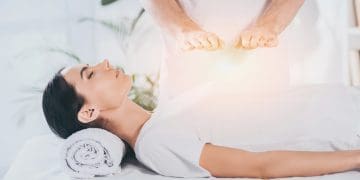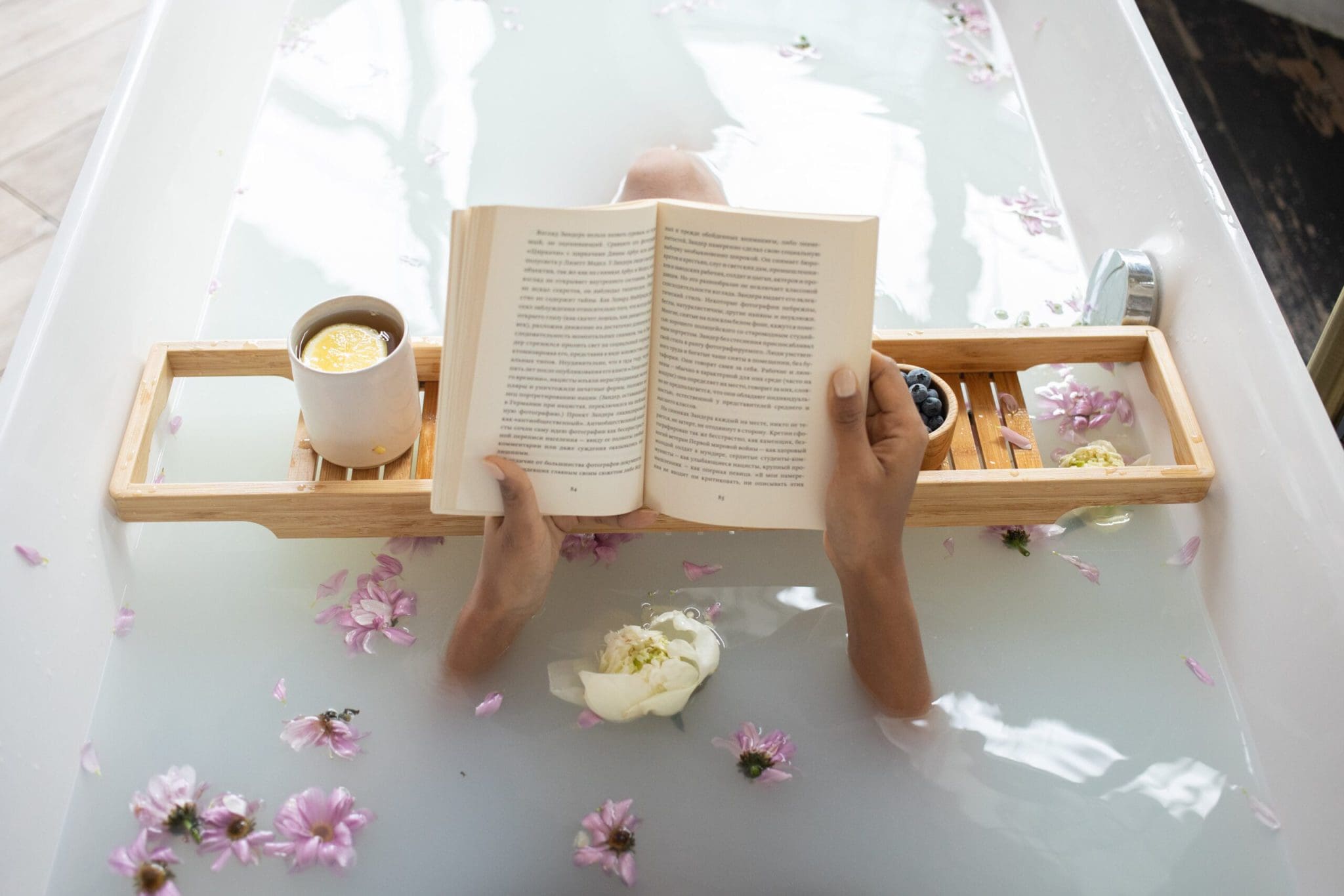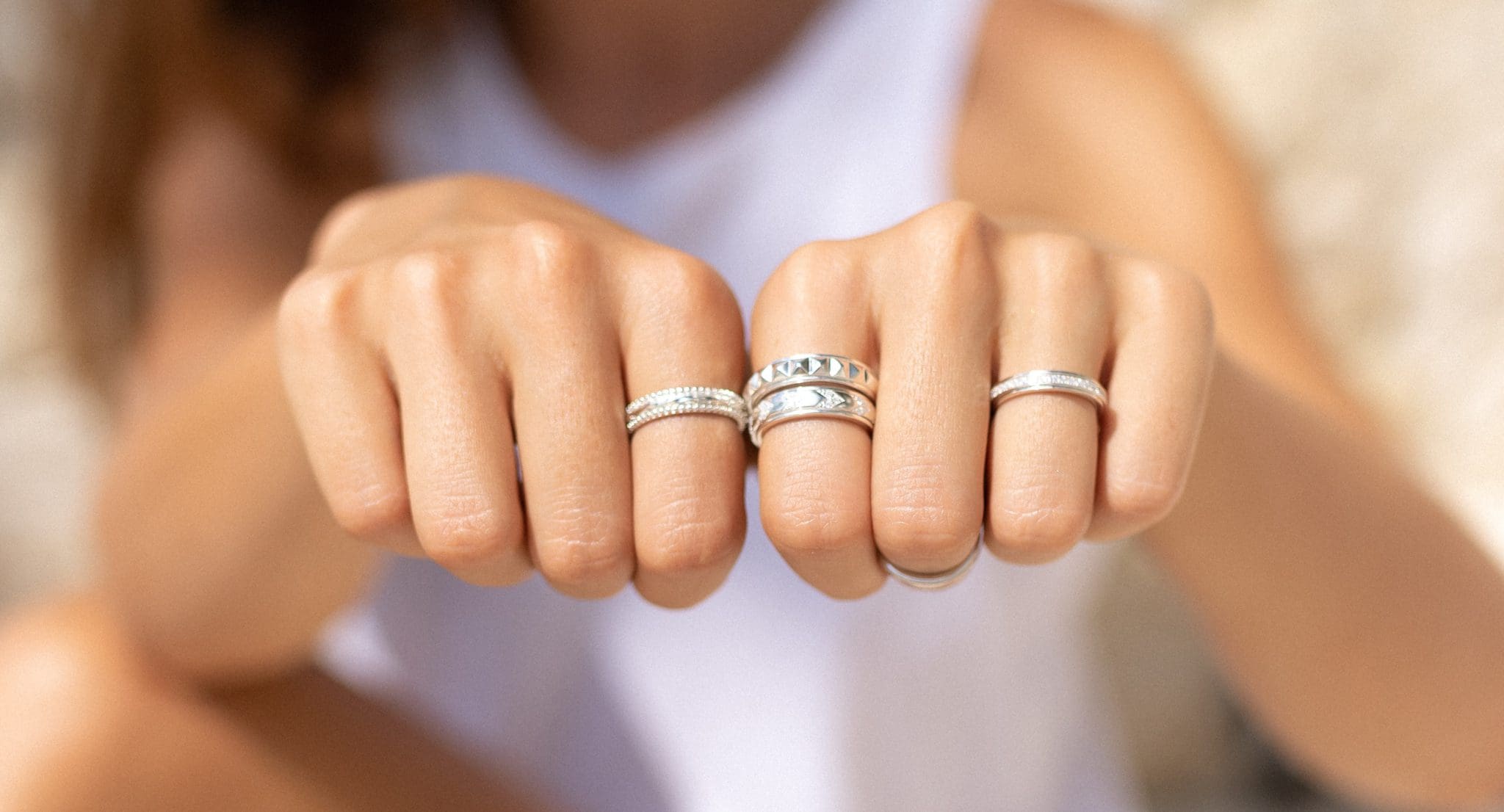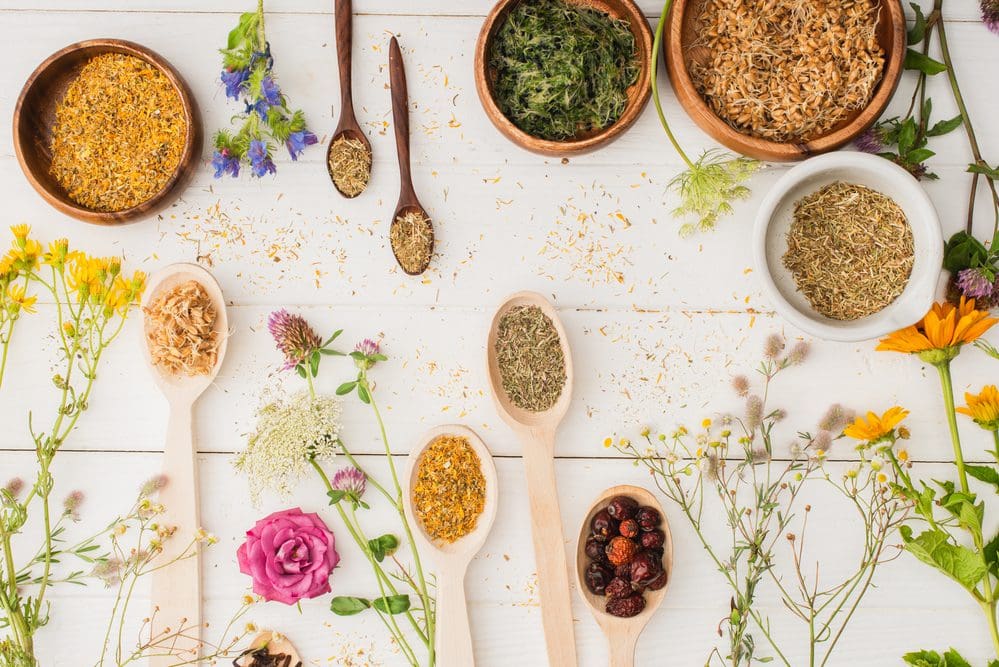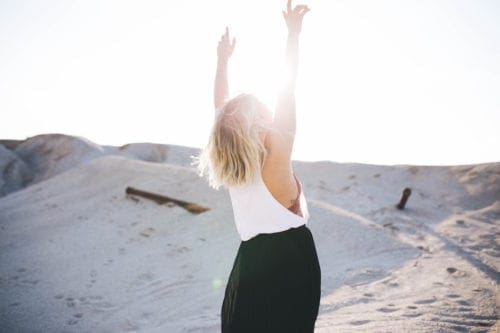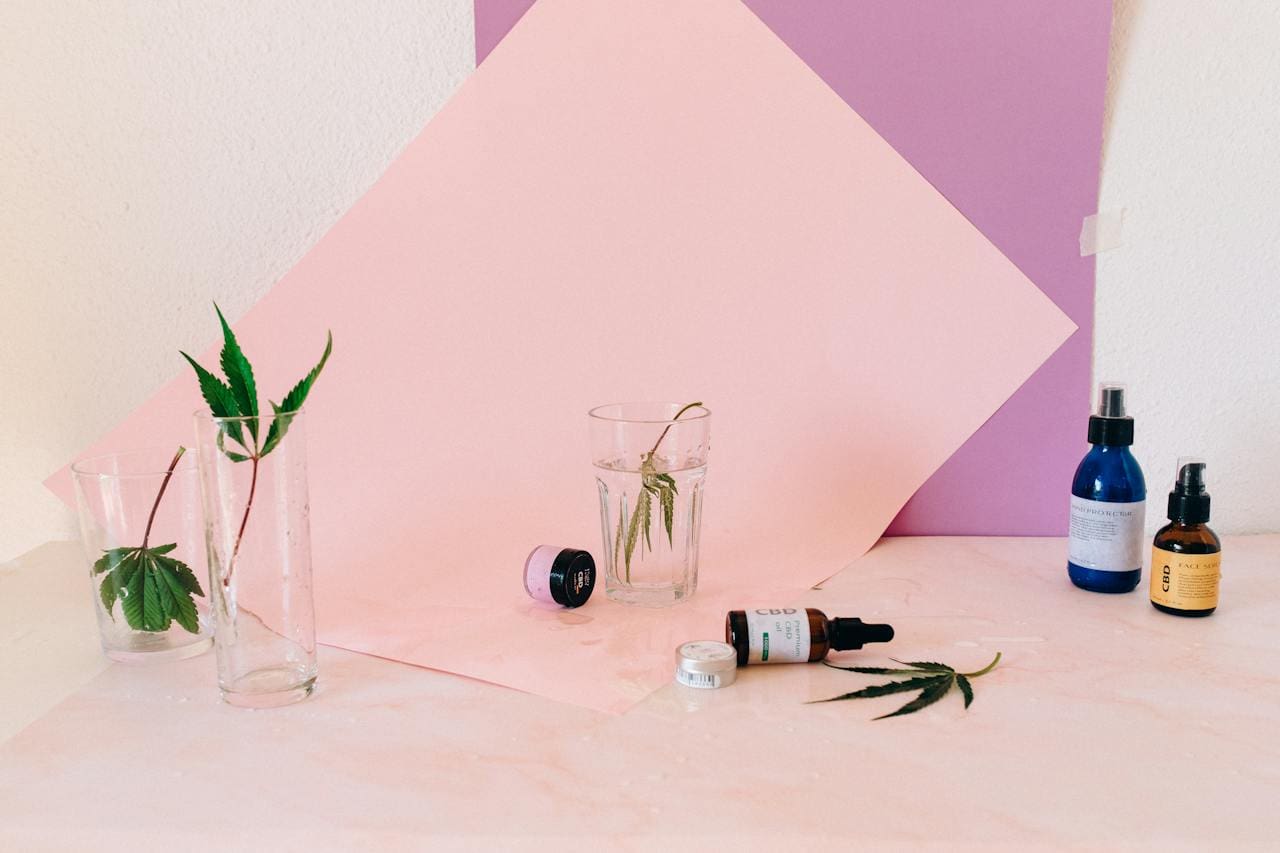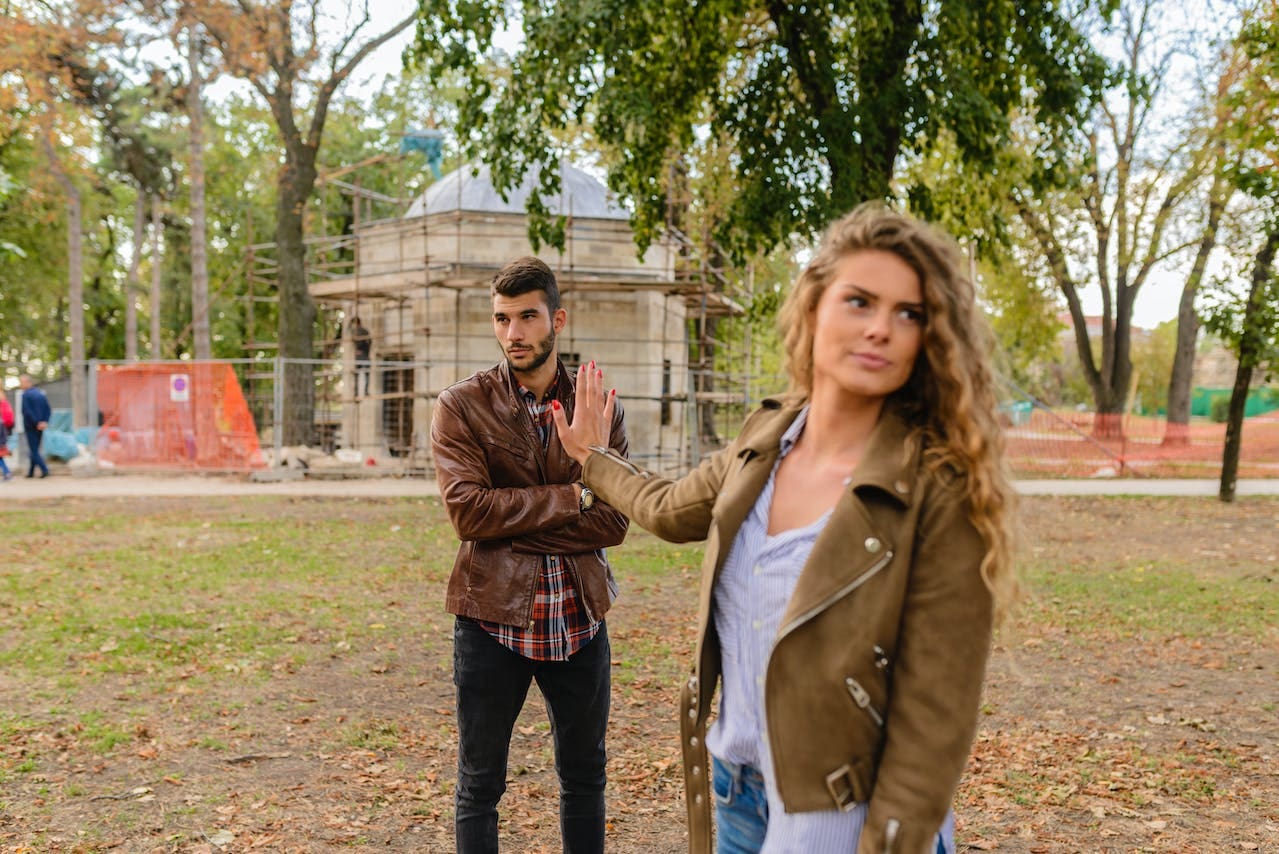Full Disclosure: Clicking on these links could mean a tiny commission for me, at no extra cost to you.
If you’ve ever found yourself lying awake at night replaying awkward conversations from 10 years ago or felt your heart race over… nothing, than you’ve come to the right place. Anxiety is intense… but it can be managed. Herbal supplements have been used for centuries to help calm nerves, balance emotions, and support overall mental health as well as physical well-being. And they’re natural, which you just can’t go wrong with. So, if you’re ready to find some natural anxiety remedies to add into your self care routine that will help you feel more grounded, focused, and in control, let’s take a walk down the supplement aisle.
The best herbal supplements for anxiety
Here’s a sneak peek at some of the herbal supplements we cover in this article:
- Best Ashwagandha → 88Herbs
- Best Lavender → HerbsPro
- Best Valerian → Starwest Botanics
- Best Kava Kava → HerbsPro
- Best CBD → Simply Transformative
- Best Rhodiola → 88Herbs
- Best Chamomile → HerbsPro
- Best Tumeric → FarmHaven
- Best Lemon Balm → HerbsPro
- Best Passionflower → Starwest Botanicals
- Best L-Theanine → 88Herbs
- Best St. John’s Wort → HerbsPro
Why Choose Herbal Supplements for Anxiety and Mental Health?
When anxiety hits, it’s easy to reach for quick fixes like caffeine, sugar, or endless social media scrolling. But these habits can actually make stress worse. Herbal supplements for anxiety work differently. They support the nervous system, balance stress hormones, and promote relaxation—naturally.
Whether you’re looking for vitamins for anxiety, supplements for brain health, or herbal remedies for stress, these 12 herbs can help – and all in their own unique little way.
What Are Medicinal Herbs and Herbal Supplements?
Medicinal herbs and herbal supplements have been used for centuries to promote overall health and well-being. These plant-based remedies contain active compounds that support the body’s natural ability to heal and maintain balance. Unlike synthetic medications, herbal supplements work gently with the body, helping to reduce stress, improve cognitive function, and support emotional resilience.
Herbal supplements for anxiety and mental health are specifically chosen for their calming, adaptogenic, and mood-enhancing properties. They can be consumed in various forms, including teas, tinctures, capsules, and powders, making them an accessible and natural way to manage stress and enhance overall mental clarity. Whether you’re looking for supplements for brain health, anxiety relief, or general well-being, medicinal herbs offer a holistic alternative to pharmaceutical solutions 1.
You don’t have to go out foraging these herbs yourself either, as they can be found in various forms, including herbal supplements.
The Best Herbal Supplements for Anxiety
When anxiety takes over, it can feel like an uphill battle. Racing thoughts, muscle tension, and restlessness can make even the simplest tasks feel overwhelming. Fortunately, nature offers a variety of herbal supplements that can provide real relief. The best herbal supplements for anxiety symptoms work by calming the nervous system, balancing stress hormones, and promoting relaxation without the side effects of pharmaceuticals. Whether you need support for occasional anxiety or long-term stress management, these natural remedies can help you regain control and bring more peace into your life.
Supplements Made For Her
Mixhers offers a full range of all-natural supplements designed for women. Whether you're dealing with PMS, fatigue, mood swings, or looking for extra stress relief, Mixhers has a feel-good solution for your everyday needs.
1. Ashwagandha
If stress and anxiety, or sleep issues are constant problems you struggle with, Ashwagandha will help you break the cycle. This powerful adaptogen (meaning it helps the body adapt to stress) helps lower cortisol levels, bringing a deep sense of calm and improving your ability to handle daily stressors.
- Promotes relaxation and reduces anxiety symptoms 2
- Enhances cognitive function and sharpens focus 3
- Encourages restful sleep and emotional resilience
How to Take It:
Look for ashwagandha supplements in capsules, tinctures, or powdered form.
2. Lavender
Lavender is one of the most well-known herbs for relaxation and stress relief 4. It is widely used in aromatherapy and supplements to promote a calm and peaceful mind.
- Reduces symptoms of anxiety and nervous tension
- Promotes restful sleep and relaxation 5
- Helps lower cortisol levels, reducing stress impact
- Can be used for headaches and stress-induced muscle tension
How to Use:
Lavender herbal products come in various forms, including essential oils, teas, and supplements.
3. Chamomile
Chamomile is nature’s answer to daily stress. Known for its gentle, soothing effects, it’s perfect for those looking for a mild yet effective way to ease tension. It also contains antioxidants that support the nervous system 6.
- Reduces mild anxiety and stress-related headaches
- Supports digestive health, which plays a role in mood regulation
- Encourages better sleep and relaxation 7
- Helps soothe inflammation linked to stress and anxiety
How to Use:
Chamomile herbal supplements are a wonderful self-care gift for anyone needing a calming moment.
4. Valerian Root
If stress keeps you up at night, Valerian Root might be the sleep aid you’ve been searching for. It helps relax the body and mind by interacting with GABA receptors in the brain, similar to anti-anxiety medications but without the side effects 8.
- Encourages deep, restorative sleep 9
- Soothes nervous system tension and muscle tightness
- Eases anxiety-driven restlessness
- Helps regulate the sleep cycle naturally
Best Use:
Take valerian herbal supplements before bedtime.
5. Passionflower
For those who struggle with a racing mind, Passionflower is a natural remedy that helps slow down runaway thoughts and promotes inner peace. It works by increasing GABA levels in the brain, reducing overstimulation and promoting a deep sense of calm.
- Increases GABA production, which calms brain activity 10
- Helps with mild insomnia and sleep disturbances 11
- Eases nervous tension, restlessness, and irritability
- Supports emotional balance during high-stress situations
Best Forms:
Passionflower supplements available as a tea, tincture, or capsule for easy use.
6. L-Theanine
L-Theanine is an amino acid found in green tea that promotes relaxation without causing drowsiness. It helps balance neurotransmitters, leading to a calmer, more focused state of mind.
- Enhances alpha brain waves for deep relaxation 12.
- Reduces symptoms of stress and anxious thoughts
- Supports cognitive function and focus 13
- Works well alongside caffeine to smooth energy spikes
How to Use:
L-Theanine is commonly taken in l-theanine supplement form or by drinking high-quality green tea.
Get Started with an Anti-Anxiety Diet Plan
Beyond Body offers personalized wellness plans designed to help you make smarter, dopamine-friendly food choices that support your mental health. Don’t miss out on an exclusive discount of up to 50% off — take the first step toward a healthier, happier you. Claim Your Discount
7. Turmeric
Turmeric is a powerful anti-inflammatory herb that has been linked to improved brain health and mood regulation 14. Its active compound, curcumin, has been shown to support emotional balance.
- Reduces inflammation, which is linked to anxiety and depression
- Boosts serotonin and dopamine production
- Supports brain function and neuroprotection 15
- Enhances the effectiveness of other anxiety supplements
How to Use:
Turmeric is available as a herbal supplement, tea, or can be added to meals for daily support. For best absorption, take it with black pepper.
8. Kava Kava
Kava Kava is a traditional South Pacific herb known for its calming effects. It interacts with the brain’s GABA receptors, similar to anti-anxiety medications, promoting deep relaxation without mental fog.
- Quickly reduces anxiety and nervous tension 16
- Promotes relaxation while keeping the mind clear
- Helps with social anxiety and situational stress
- May reduce muscle tension associated with stress
Caution:
Long-term use should be monitored due to potential liver effects. It’s best used occasionally rather than daily.
How to Use:
Kava kava herbal supplements available as a tea, tincture, or capsule.
9. Rhodiola Rosea
Feeling mentally exhausted? Rhodiola Rosea is known for its ability to enhance endurance, reduce mental fatigue, and improve resilience in the face of stress. It also helps regulate serotonin and dopamine, which play a key role in emotional stability.
- Boosts serotonin and dopamine for better mood balance 17
- Increases energy without the jitters of caffeine
- Helps prevent burnout and emotional exhaustion
- Improves concentration and cognitive function under stress 18
Best Use:
Try these Canadian rhodiola supplements.
10. Cannabidiol (CBD)
CBD, or Cannabidiol, is a non-psychoactive compound found in hemp that has been widely recognized for its calming and anti-anxiety effects. It interacts with the body’s endocannabinoid system, helping to regulate stress and promote relaxation.
- Helps reduce anxiety symptoms and nervous tension 19
- Supports deeper, more restful sleep 20
- May alleviate symptoms of PTSD and social anxiety
- Works well for long-term stress management without sedation
How to Use:
CBD is available in oils, tinctures, capsules, gummies, and even teas. Start with a low dose and adjust based on your body’s response.
11. Lemon Balm
Lemon Balm is like a hug for your nervous system, helping you feel more at ease while improving concentration and mental clarity. It gently supports neurotransmitter function to enhance mood and calm the mind.
- Gently lowers stress hormones and promotes relaxation 21
- Soothes digestive discomfort linked to anxiety
- Sharpens focus and reduces brain fog 22
- Helps regulate serotonin levels, promoting emotional stability
How to Use:
Enjoy lemon balm herbal supplements in the evening or add it to a self-care routine for moments of calm.
12. St. John’s Wort
St. John’s Wort is widely used to support mood balance and emotional resilience. It works by increasing serotonin, dopamine, and norepinephrine levels in the brain.
- Helps with mild to moderate depression and anxiety 23
- Supports emotional stability and stress management
- May reduce symptoms of seasonal affective disorder (SAD) and depression 24
- Enhances overall mental clarity and mood
Important Note:
St. John’s Wort interacts with some medications, including antidepressants and birth control. Consult a healthcare provider before use.
How to Use:
St. John’s Wort supplements in capsules, teas, and tinctures.
FAQ about Herbal Supplements for Anxiety
- What are the best herbs for anxiety? Some of the best herbs for anxiety include valerian root, lavender, and ashwagandha due to their calming effects.
- Can herbal supplements replace medication? Herbal supplements can complement but not necessarily replace prescribed medications. Always consult a healthcare provider.
- Are herbal supplements safe for everyone? While generally safe, herbal supplements may not be suitable for everyone. It’s important to seek professional advice.
- How long do herbal supplements take to work? The effects of herbal supplements can vary, with some individuals noticing benefits within a few days to weeks.
- Can herbal supplements interact with other medications? Yes, certain herbal supplements can interact with medications, so it’s crucial to consult with a healthcare provider.
- What are the signs of a good quality herbal supplement? Good quality supplements have clear labeling, reputable sourcing, and third-party testing for purity and potency.
Final Thoughts on Natural Supplements for Anxiety
Managing anxiety naturally is about finding the right combination of herbal supplements for anxiety, lifestyle changes, and self-care practices. Whether you’re turning to ashwagandha, kava kava, or lavender, each herb has unique properties that can help balance your mind and body. Pairing these supplements with other supportive tools, like fidget rings, worry stones, or other tools for anxiety, can further enhance relaxation and emotional well-being.
Taking the time to nurture yourself with self-care items, such as our self-care baskets or wellness gifts, can be a small yet meaningful step toward managing stress more effectively. By incorporating natural solutions into your daily routine, you’re empowering yourself to take control of your anxiety in a holistic and sustainable way. Your mental health matters, and small changes can lead to big transformations.
Additional Resources
Ready to elevate your mental wellness? To help our readers thrive along their mental health journey, Anxiety Gone partners with leading experts in the mental health and wellness field. We may receive commission from the companies listed below at no extra cost to you.
Join The Club
Discover a safe, supportive space for self-care inspo and community connection. Join us today and thrive together!
Talk Therapy
BetterHelp connects you with over 20,000 licensed therapists. Start today with a free online assessment. Get Started
Hims/Hers
Explore personalized mental health care and FDA-approved treatment options—no insurance needed. Get started today
Mental Health Newsletter
Get expert tips delivered weekly. Sign Up for free.
Start Tapping for Relief
Try EFT (Tapping) to reduce stress and anxiety naturally. Get Started
Get Mindfulness Plus
Access 2,000+ expert-created mindfulness practices tailored to you. Explore Now
Try Online Breathwork
Guided breathwork for calming your nervous system. Start Today
Get Mental Health Support
Need immediate help? Find a professional support line near you. Find a Helpline
- Smith, John. “The Healing Power of Plants: Modern Research and Applications.” Journal of Herbal Medicine, vol. 12, no. 4, 2023, pp. 215-230.
- Chandrasekhar, K., Kapoor, J., & Anishetty, S. (2012). A prospective, randomized double-blind, placebo-controlled study of safety and efficacy of a high-concentration full-spectrum extract of Ashwagandha root in reducing stress and anxiety in adults. Indian Journal of Psychological Medicine, 34(3), 255-262. doi:10.4103/0253-7176.106022
- Pingali, U., Pilli, R., Fatima, N., Krishnamurthy, S., & Prapurna, S. (2014). Cognitive and psychomotor effects of Ashwagandha (Withania somnifera) extract in healthy humans: A randomized controlled trial. Phytotherapy Research, 28(1), 90-98. doi:10.1002/ptr.4961
- Kasper, S., Gastpar, M., Müller, W. E., Volz, H. P., Möller, H. J., & Dienel, A. (2010). Efficacy and safety of silexan, a new, orally administered lavender oil preparation, in subthreshold anxiety disorder – evidence from clinical trials. Phytomedicine, 17(2), 94-99. doi:10.1016/j.phymed.2009.09.006
- Lewith, G. T., Godfrey, A. D., & Prescott, P. (2005). A single-blinded, randomized pilot study evaluating the aroma of lavandula augustifolia as a treatment for mild insomnia. Journal of Alternative and Complementary Medicine, 11(4), 631-637. doi:10.1089/acm.2005.11.631
- Amsterdam, J. D., Li, Y., Soeller, I., Rockwell, K., Mao, J. J., & Shults, J. (2009). A randomized, double-blind, placebo-controlled trial of oral Matricaria recutita (chamomile) extract therapy for generalized anxiety disorder. Journal of Clinical Psychopharmacology, 29(4), 378-382. doi:10.1097/JCP.0b013e3181ac935c
- Zick, S. M., Wright, B. D., & Sen, A. (2011). Preliminary examination of the efficacy and safety of a standardized chamomile extract for chronic primary insomnia: A randomized placebo-controlled pilot study. BMC Complementary and Alternative Medicine, 11, 78. doi:10.1186/1472-6882-11-78
- Andreatini, R., Sartori, V. A., Seabra, M. L. V., & Leite, J. R. (2002). Effect of valepotriates (valerian extract) in generalized anxiety disorder: A randomized placebo-controlled pilot study. Phytotherapy Research, 16(7), 650-654. doi:10.1002/ptr.1073
- Bent, S., Padula, A., Moore, D., Patterson, M., & Mehling, W. (2006). Valerian for sleep: A systematic review and meta-analysis. American Journal of Medicine, 119(12), 1005-1012. doi:10.1016/j.amjmed.2006.02.026
- Akhondzadeh, S., Naghavi, H. R., Vazirian, M., Shayeganpour, A., Rashidi, H., & Khani, M. (2001). Passionflower in the treatment of generalized anxiety: A pilot double-blind randomized controlled trial with oxazepam. Phytotherapy Research, 15(8), 625-629. doi:10.1002/ptr.749
- Ngan, A., & Conduit, R. (2011). A double-blind, placebo-controlled investigation of the effects of Passiflora incarnata (passionflower) herbal tea on subjective sleep quality. Journal of Clinical Pharmacy and Therapeutics, 36(5), 564-568. doi:10.1111/j.1365-2710.2010.01218.x
- Hidese, S., Ogawa, S., Ota, M., Ishida, I., Yasukawa, Z., Ozeki, M., … & Kunugi, H. (2019). Effects of L-Theanine administration on stress-related symptoms and cognitive functions in healthy adults: A randomized controlled trial. Journal of Clinical Psychiatry, 80(2), 19m12788. doi:10.4088/JCP.19m12788
- Gomez-Ramirez, M., Higgins, B. A., Rycroft, J. A., Owen, G. N., Mahoney, J., Shpaner, M., & Foxe, J. J. (2007). The deployment of intersensory selective attention: a high-density electrical mapping study of the effects of theanine. Nutritional Neuroscience, 10(5-6), 219-227. doi:10.1080/10284150701605405
- Lopresti, A. L., Maes, M., Meddens, M. J., & Maker, G. L. (2014). Curcumin and major depression: A randomised, double-blind, placebo-controlled trial investigating the potential of a curcumin extract for the treatment of major depression. Journal of Affective Disorders, 167, 368-375. doi:10.1016/j.jad.2014.06.001
- Small, G. W., Siddarth, P., Li, Z., Miller, K. J., Ercoli, L. M., Emerson, N. D., … & Merrill, D. A. (2018). Memory and brain amyloid and tau effects of a bioavailable form of curcumin in non-demented adults: A double-blind, placebo-controlled 18-month trial. American Journal of Geriatric Psychiatry, 26(3), 266-277. doi:10.1016/j.jagp.2017.10.010
- Millea, P. J. (2019). Kava Kava: Examining New Reports of Toxicity. American Family Physician, 68(5), 807-808. Available at: https://www.aafp.org/pubs/afp/issues/2003/0901/p807.html
- Bystritsky, A., Kerwin, L., & Feusner, J. D. (2008). A pilot study of Rhodiola rosea (Rhodax) for generalized anxiety disorder (GAD). Phytomedicine, 15(2), 114-115. doi:10.1016/j.phymed.2007.11.008
- Panossian, A., & Wikman, G. (2009). Evidence-based efficacy of adaptogens in fatigue, and molecular mechanisms related to their stress-protective activity. Current Clinical Pharmacology, 4(3), 198-219. doi:10.2174/157488409789375311
- Blessing, E. M., Steenkamp, M. M., Manzanares, J., & Marmar, C. R. (2015). Cannabidiol as a potential treatment for anxiety disorders. Neurotherapeutics, 12(4), 825-836. doi:10.1007/s13311-015-0387-1
- Shannon, S., Lewis, N., Lee, H., & Hughes, S. (2019). Cannabidiol in anxiety and sleep: A large case series. The Permanente Journal, 23. doi:10.7812/TPP/18-041
- Cases, J., Ibarra, A., Feuillere, N., Roller, M., & Sukkar, S. G. (2011). Pilot trial of Melissa officinalis L. leaf extract in the treatment of volunteers suffering from mild-to-moderate anxiety disorders and sleep disturbances. Nutrients, 3(8), 102-112. doi:10.3390/nu3010102
- Kennedy, D. O., Little, W., & Scholey, A. B. (2004). Attenuation of laboratory-induced stress in humans after acute administration of Melissa officinalis (lemon balm). Psychosomatic Medicine, 66(4), 607-613. doi:10.1097/01.psy.0000132877.72833.71
- Kobak, K. A., Taylor, L. V., Warner, G., Futterer, R., & Ringo, M. C. (2005). St. John’s Wort in generalized anxiety disorder: Three pilot studies. Journal of Clinical Psychopharmacology, 25(6), 634-636. doi:10.1097/01.jcp.0000188413.99745.db
- Linde, K., Ramirez, G., Mulrow, C. D., Pauls, A., Weidenhammer, W., & Melchart, D. (1996). St John’s wort for depression—an overview and meta-analysis of randomised clinical trials. British Medical Journal, 313(7052), 253-258. doi:10.1136/bmj.313.7052.253






